Previous to coming to Sanford Burnham Prebys, Dhar was an assistant professor in the Department of Medicine, Division of Gastroenterology at UC San Diego. He continues to be an adjunct faculty member.
He received his PhD in cancer gene therapy from Saint Louis University School of Medicine and his Master of Science degree in microbiology/biochemistry/molecular biology at the University of Calcutta.
Dbanjan Dhar looks at how diseases develop, specifically liver cancer.
He focuses on how lifestyle factors, such as high-calorie diets, excessive alcohol consumption and minimal exercise — along with genetic predispositions — can lead to problematic changes in the liver, heart and kidneys. Specifically in the liver, how growing deposits of fat in the tissue can lead over time to chronic inflammation and the accumulation of thickened scar tissue, a condition known as metabolic-associated steatohepatitis (MASH).
MASH is the second-leading cause of liver transplantation and a major risk factor for liver cancer.
“The liver is not an isolated organ, as it is constantly communicating with all these different tissues. “For example, there might be certain signals from the liver going into the bloodstream that may be affecting the cardiovascular system, and we just don’t have the full picture yet.”
By studying the conversation among the liver, the immune system, heart and kidneys, Dhar hopes to discover signals that could be used to detect MASH and liver cancer much earlier, when they’re easier to treat.
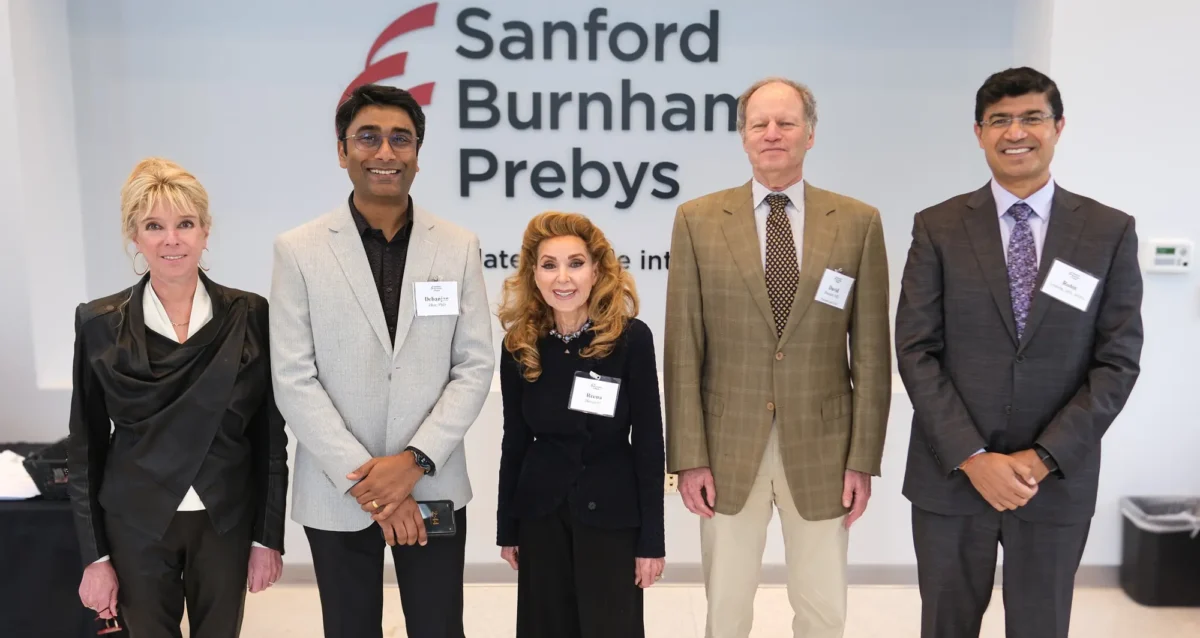 Oct 27, 2025
Oct 27, 2025A Conversation About Aging and Metabolic Disorders at Sanford Burnham Prebys
Oct 27, 2025Event recording now available for panel discussion with scientists held on October 14, 2025.
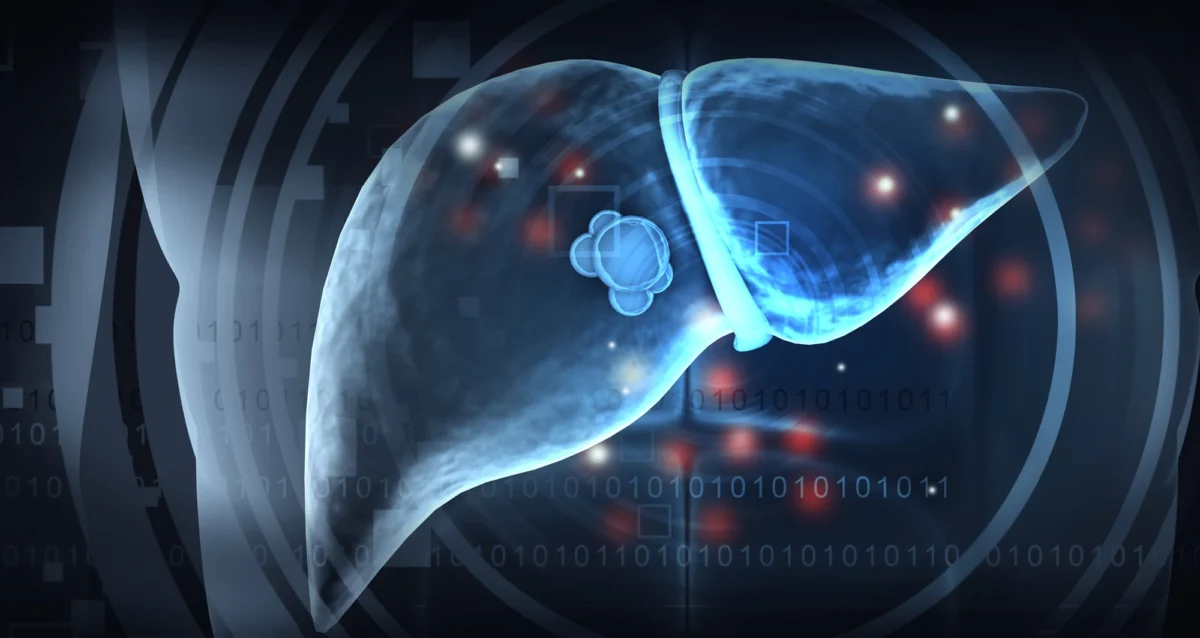 Jan 28, 2025
Jan 28, 2025A monster, MASH
Jan 28, 2025Scientists show how the advanced form of fatty liver disease has monstrous effects on liver cancer risk.
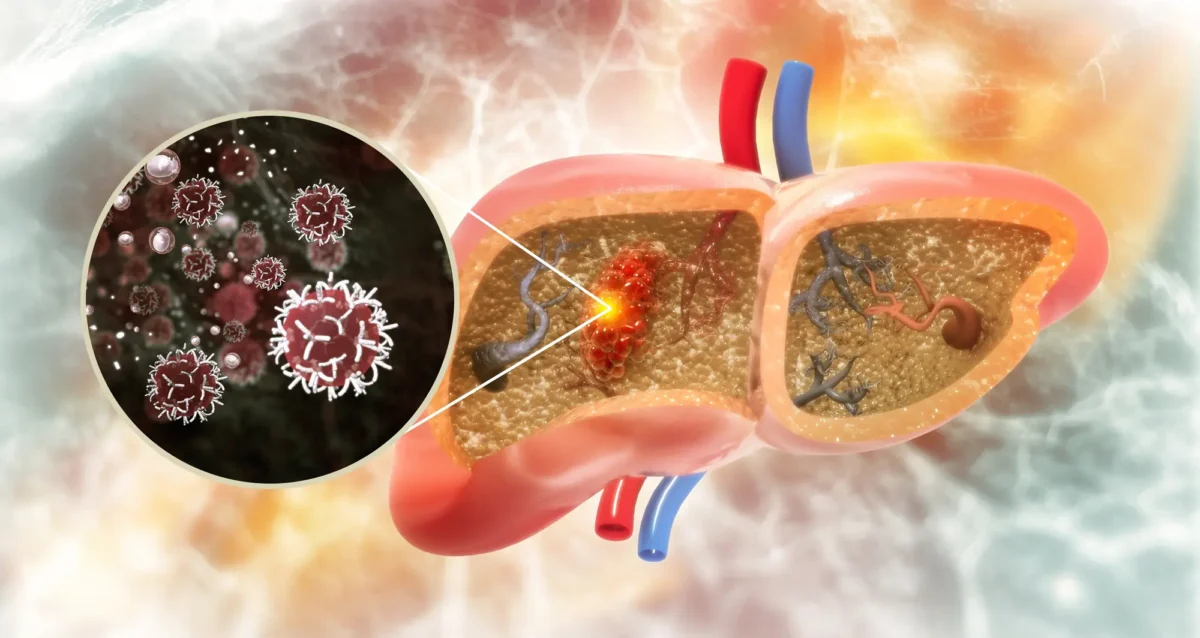 Jan 17, 2025
Jan 17, 2025Bile may be key to immunotherapy effectiveness in liver cancer
Jan 17, 2025Understanding the crucial ingredient in bile may unlock the potential of treatments that boost patients’ immune systems.
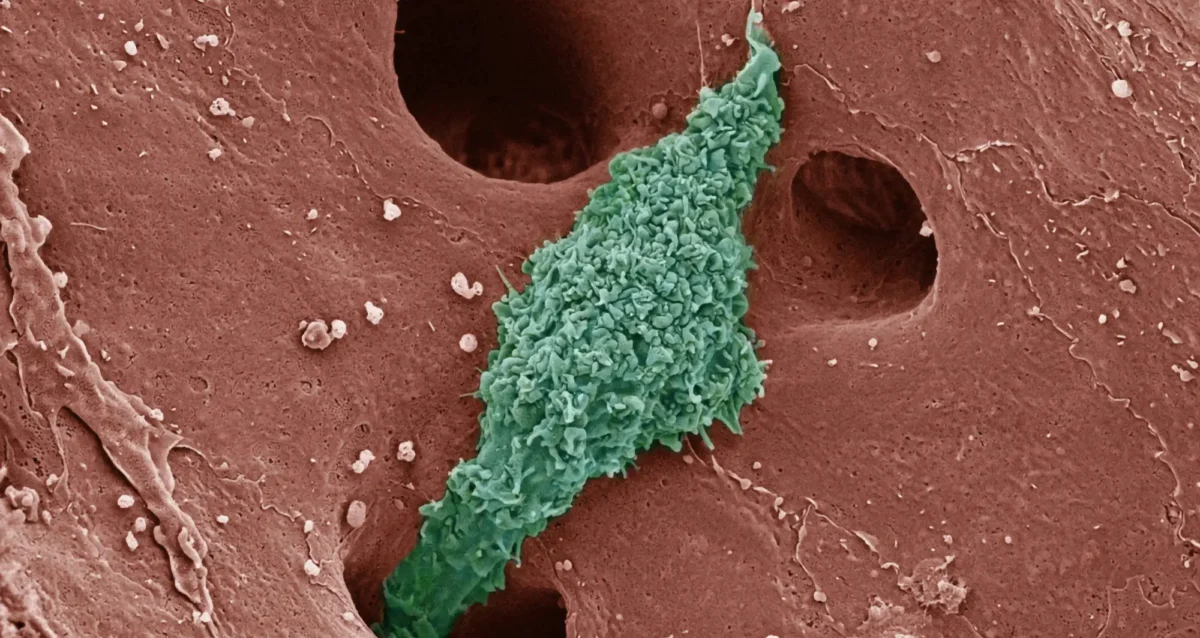 Aug 22, 2024
Aug 22, 2024Macrophage mix helps determine rate and fate of fatty liver disease
Aug 22, 2024The white blood cells’ typical role is to promote inflammation and stimulate the immune response, but researchers say some actually…
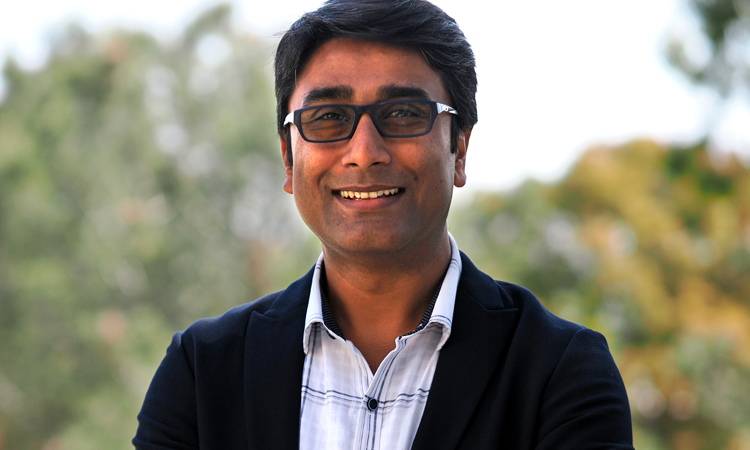 Apr 17, 2024
Apr 17, 2024Debanjan Dhar looks at links among liver cancer, heart health and kidney function
Apr 17, 2024New Sanford Burnham Prebys scientist listens to the constant communication among these organs to find treatments that benefit all three
